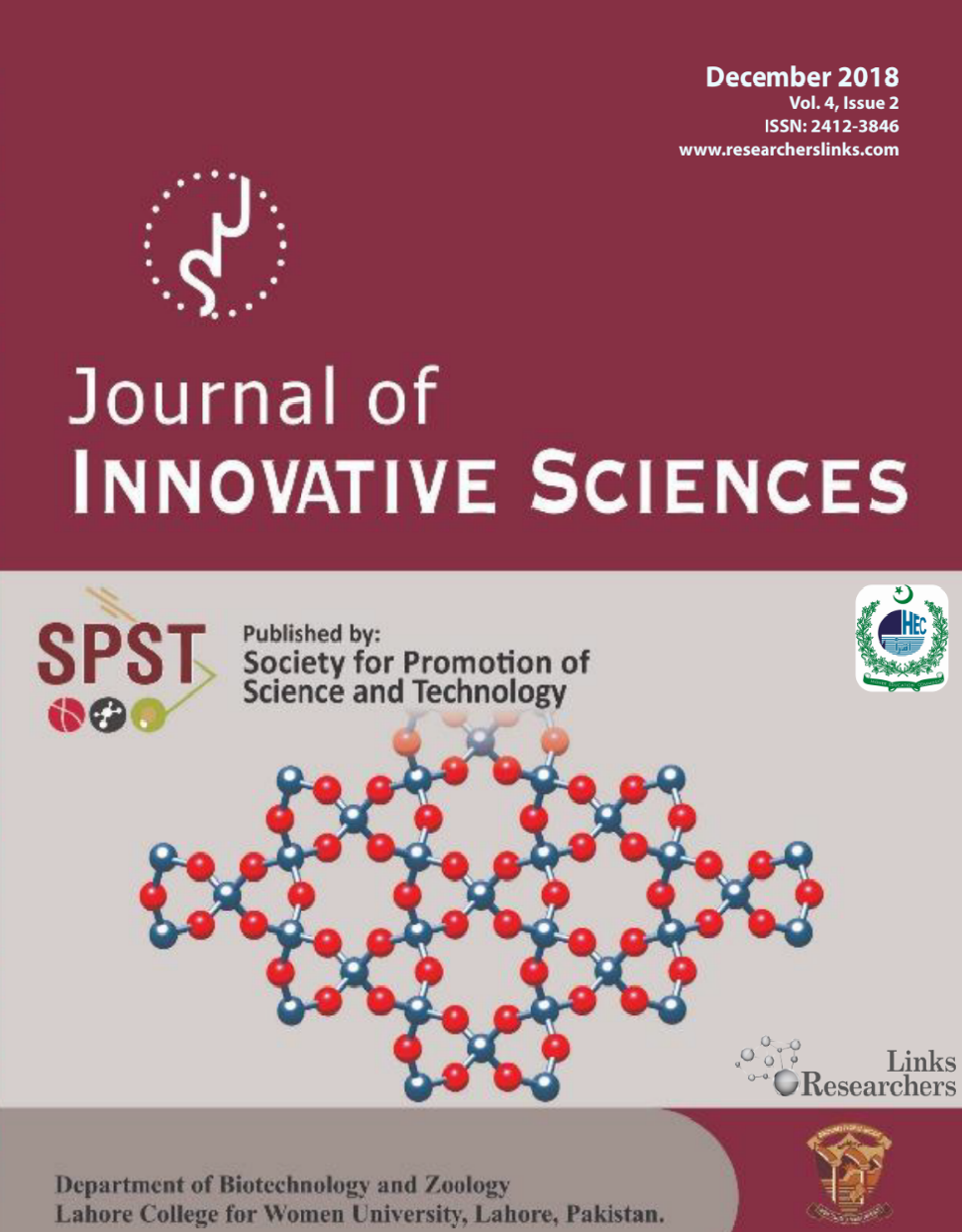Food Safety Knowledge, Attitude, and Practice of University Students, KPK Pakistan, 2019: A Cross-Sectional Study
Food Safety Knowledge, Attitude, and Practice of University Students, KPK Pakistan, 2019: A Cross-Sectional Study
Junaid Ahmad1, Shahzeb Javed2*, Mehmood Khan1, Shadman1, Muhammad Farooq3*, Muhammad Saleem4, Rahila Afzal5, Muhammad Aasim6, Naqeeb Ullah7, Muhammad Noman Khan8, Dawood8 and Naila Ilyas9
ABSTRACT
Food safety and cleanliness are becoming increasingly important in Pakistan, as new incidences of food contaminants emerge, which, if overlooked, can result in a variety of health risks, illness, outbreaks, and even death. The goal of this study was to look at the students’ knowledge, attitudes, and practices on food safety and cleanliness at a different institution in KPK, Pakistan. A cross-sectional study was done among 1000 government and private university students in KPK, Pakistan, using a self-administered, pre-tested questionnaire with a total of 26 questions. Self-administered survey forms were used to collect data from several disciplines. Every correct and incorrect response was given a score of yes or no in order to assess the knowledge. For the purposes of assessing Attitude and Practice, each correct response received a score of (yes), a neutral response received a score of (don’t know), and an erroneous response received a score of (No). For each component, quartiles were created. Knowledge, attitude, and practice were categorized into adequate and insufficient quartiles based on quartiles. Males made up 74.44 percent of the study participants, while females made up 25.55 percent. Postgraduate courses accounted for 29% of participants, while undergraduate courses accounted for 71.1 percent. 35.86 percent of participants had appropriate knowledge, 52.41 percent had adequate attitude, and 47 percent had acceptable practice when it came to food safety and hygiene. In the near future, continuous education is required to raise awareness among young adults; they will be the ones directly handling food and will play a key role in helping to maintain a sanitary and clean environment.
To share on other social networks, click on any share button. What are these?




